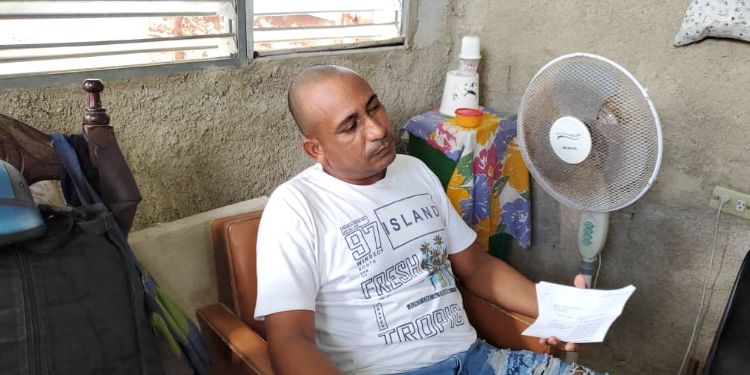The total increase has been 2 percentage points in three meetings. Until last July, ECB rates had been in negative territory for eight years.
“The Governing Council took today’s decision, and expects to raise interest rates further, to ensure the timely return of inflation to its medium-term target of 2%,” the ECB said in a statement.
The euro fell and European government bond yields fell after the announcement, which was in line with market expectations.
At a press conference, ECB President Christine Lagarde pointed out that while the war in Ukraine and other global uncertainties meant that the euro area economy faced a number of downside risks, downside risks inflation were biased upwards.
“Incoming wage data and recent wage deals indicate wage growth may be picking up,” he said of the potential for future wage price spirals, stressing that the bank was keeping an eye on long-term inflation expectations.
Markets expect the pace of hikes to slow a bit, with the deposit rate hitting 2% in December, then peaking at around 3% sometime in 2023, though the unusual volatility of the outlook makes The calendar is subject to change.
Addressing concerns expressed by some euro zone governments that ECB rate hikes could push the region into recession, Lagarde said the ECB has a mandate to fight inflation and urged governments to carefully target any helps citizens during the energy crisis so as not to worsen inflation.
“Everyone has to do their job. Our job is price stability,” he said. “We have to do what we have to do. A central bank has to focus on its mandate.”
The ECB offered no hint for now about plans to start reducing its bond holdings, after racking up trillions of euros of debt issued by euro zone governments since 2015.
Balance
With inflation running at 9.9%, the ECB also took the first step on Thursday to reduce its €8.8 trillion balance sheet, a move that is likely to push borrowing costs even higher and may act as a kind of covert rate hike.
In a step that may be resisted by the banks, the ECB stopped the subsidy provided by these credit institutions through 2.1 trillion euros in ultra-cheap three-year loans, called targeted longer-term refinancing operations (TLTROs). , for its acronym in English).
“In view of the unexpected and extraordinary increase in inflation, it needs to be recalibrated to ensure that it is consistent with the broader process of monetary policy normalization and to strengthen the transmission of increases in official interest rates to the conditions of the bank loans,” he said.
The ECB noted that, in future, the interest rate for TLTROs will be indexed to the average of the applicable ECB official interest rates. The purpose of this change is to encourage early repayment of loans.
“The increased cost of TLTRO loan terms to banks indicates a preference to start reducing this part of the balance sheet more quickly, especially as the cost of paying interest on bank reserves rises,” said Charles Seville, Senior Director of Fitch Ratings.
In another change, the ECB also said minimum reserves will be remunerated at the deposit rate, rather than the main rate, which is 50 basis points higher.
Having borrowed at zero or even negative rates at a time when the ECB’s main concern was persistently low inflation, banks can now simply park TLTRO cash at the ECB and enjoy risk-free returns, which increases with each increase in the deposit rate.
This is controversial in itself, but the abundance of liquidity is also keeping money market rates low and preventing the ECB’s rate hikes from passing through entirely through banks to businesses and households.
Most of the TLTRO loans, worth 1.5 billion euros, are due next June. The changes introduced on Thursday may encourage banks to repay them earlier, even in December, thereby reducing the ECB’s balance sheet in the process.
The bank confirmed its guidance on reinvestments of maturing bonds from its purchase programs, contradicting some expectations of a small change that would hint at a scaling back of the expanded asset purchase program (APP) next year.


















